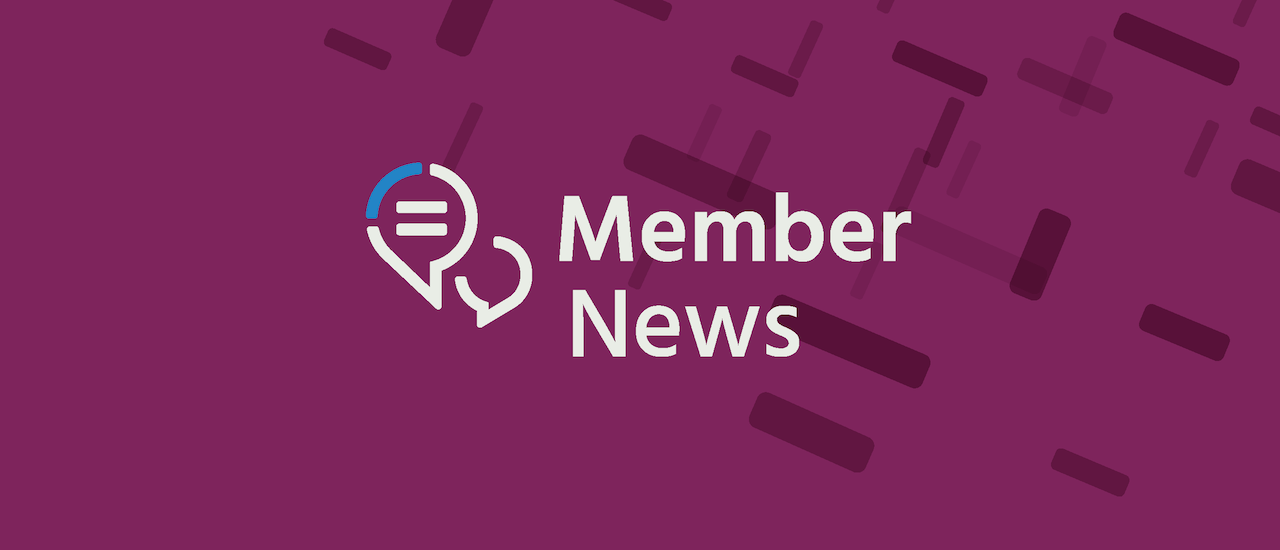It’s been a busy year for Internet Society Chapters around the world, with members pushing to extend Internet connections to remote areas, involved in public policy, and focusing on cybersecurity. Here are some of the highlights in 2019:
Extending Internet connections
Community awareness: The Madagascar chapter provided awareness training on community-based broadband networks in the rural areas of Ambohimasina, Antambolo, and Morarano-Antongona during February and March. “Our main objective was to ensure that people using the Internet continue to be convinced of its usefulness,” the Chapter wrote. Another goal was for local leaders to have access to the Internet for the “purposes of innovation, creativity and economic opportunities for their municipality.”
Network planning: In Nigeria, the Internet Society Chapter began planning to set up a community network in Zaria, a city in the northern region of the country. The Internet Society provided startup funds of about 10 million naira, or “about the cost of a fairly used Toyota Corolla,” the Chapter noted. “By being very frugal and leveraging on existing infrastructure being contributed by community members, this will cover the cost of the initial wireless hardware required to connect at least 12 locations across Zaria.”
Connecting classrooms: The Kyrgyzstan chapter was very active in 2019, with members setting up the Ilim Box, a digital library, in several schools, including facilities in the Issyk-Kul region. The chapter also launched an Internet Exchange Point in the city of Osh aimed to improving connectivity in the region, and it hosted a roundtable focused on connecting remote areas of the country.
Policy activism
Caution needed: The Dominican Republic Chapter commented on a plan to roll out automated voting systems by calling for a cautious approach. Automated voting systems must prove their capabilities “through tests, audits, certifications and public debates,” the Chapter said.
Copywrong? The Estonia Chapter was involved in a vigorous debate over the European Union Directive on Copyright in the Digital Single Market, which requires online platforms to filter or remove copyrighted material. Amid concerns about the effect on content creators, the Chapter urged the Estonian government to refuse to approve the directive.
It’s your privacy: The Chapter in Panama hosted a forum on a new personal data privacy law. The law requires residents give prior consent for their data to be used. Participants said it’s important for the National Authority for Transparency and Access to Information to be politically independent, and that residents need to be better informed about the importance of privacy.
Yes to encryption: The German Chapter in June protested the government’s stance in favor of encryption backdoors. “Once again, the Federal Ministry of the Interior believes that security in the country can be increased by compromising the encryption of Internet services,” the Chapter said. The government demand that messenger services tap into their customers’ communications “jeopardize[s] the security of Internet services.”
Focus on security
Always ready: The Chapter in Israel alerted websites that about 5,200 could be affected by a February update of global DNS servers, potentially causing disruption to websites around the world. Most websites in Israel had prepared for the updates, but a few had not, the Chapter noted.
No hijacking! The Portuguese Chapter in March called on its members to contribute to the security of the Internet by advocating against the practice of BGP hijacking. From Cloudflare: BGP hijacking happens when attackers maliciously reroute Internet traffic. “Attackers accomplish this by falsely announcing ownership of groups of IP addresses, called IP prefixes, that they do not actually own, control, or route to. A BGP hijack is much like if someone were to change out all the signs on a stretch of freeway and reroute automobile traffic onto incorrect exits.”
Safety first: The Nigerian Chapter celebrated Safer Internet Day by training students at the Ajibode grammar school on safe Internet uses. The training focused on bullying on social media, among other topics.
Including everyone
No trolling or doxing: The Asia Pacific and Delhi chapters hosted a webinar on diversity and inclusion on the Internet. Topics covered included the tech gender gap, surveillance, linguistic barriers, censorship, and online harassment. Trolling, doxing and revenge porn were discussed.
The search for balance: In February, the Panama Chapter hosted a webinar on inclusion, with a focus on the search for balance and consensus among public, private, and civil society actors.
The international Internet: Several Chapters focused on domain name internationalization during 2019. The Saint Vincent and the Grenadines chapter, for example, pointed to a paper on universal acceptance from the ICANN Universal Acceptance Steering Group focused on the use of non-Latin characters in email.
Join the global movement! Become a member and champion an Internet that is trusted and open to all.
